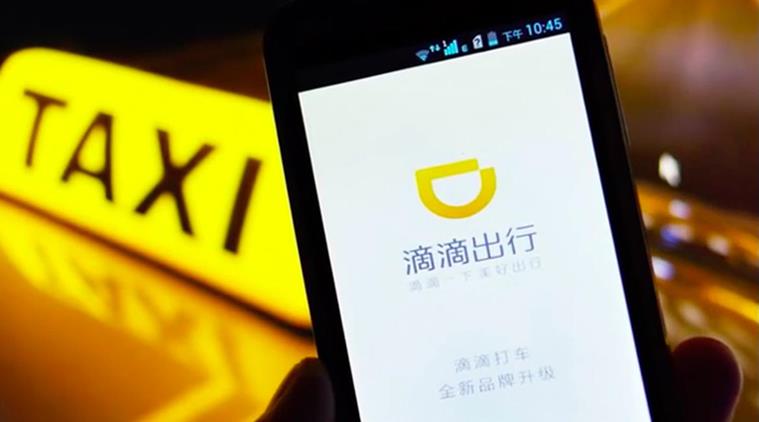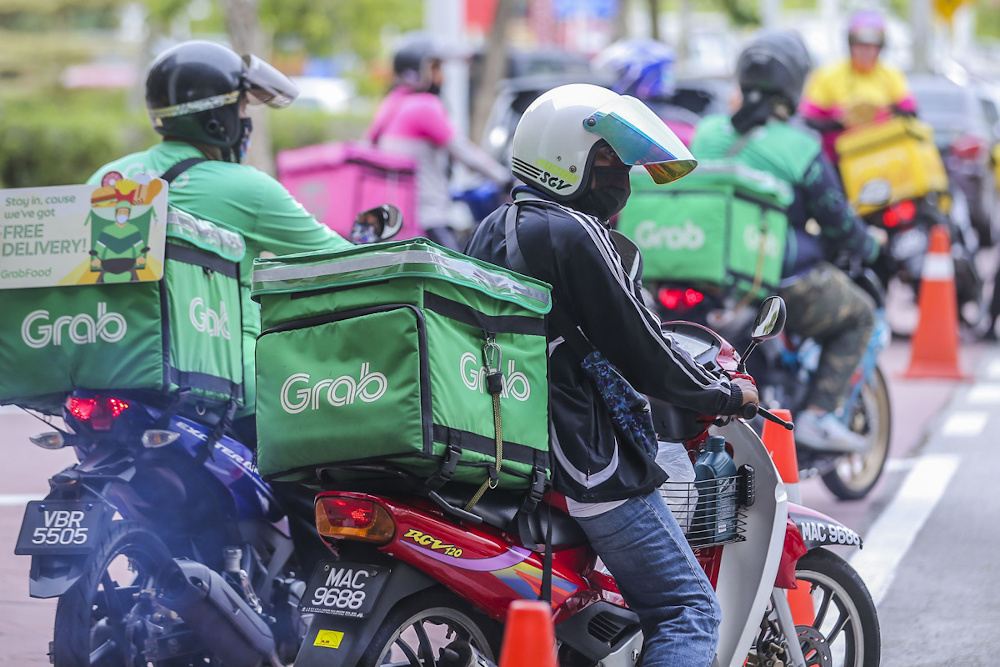The mandate was issued on Monday by the State Administration for Market Regulation (SAMR) and six other government agencies and is aimed at expanding basic labour rights for riders, including minimum wage, work safety, food safety, and access to insurance coverage. According to Statista, China’s minimum wage varies by region, with Beijing at the highest with 24 yuan (~RM15.67) per hour and Qinghai lowest at 13 yuan (~RM8.49) per hour. The guideline also touches on “strict algorithms” that facilitate unreasonable delivery deadlines that can force riders to do away with traffic safety precautions in order not to get in trouble and meet their quota. Delivery time requirements should be appropriately relaxed, SAMR said. The regulator also ordered platforms to build worker unions and provide working comforts such as rest stations for riders, smart meal-retrieval cabinets, and smart helmets.
The policy is among the few recent moves by China to crack down on big tech companies, including removing ride-haling app DiDi from app stores. Just a few days ago, the government ordered WeChat-owner Tencent to end its exclusive contracts with music copyright holders in order to stimulate competition in the market. Meituan, a food delivery service that employs about three million riders delivering an average of more than 27 million food orders a day in 2020, lost US$40 billion (~RM169.16 billion) in market value when the new regulation was announced. The news comes in the wake of complaints by riders that they lack proper labour safeguards, including a recent government video showing a local labour official working a 12-hour shift as a Meituan rider that went viral on Chinese social media.
Back in Malaysia, Grab and Foodpanda riders just recently received social protection under the Social Security Organisation (SOCSO) through a government scheme called SPS Lindung. Charles Santiago, Klang MP, likened the SOCSO subsidy to condoning the gig economy’s exploitative nature as these platforms avoid paying social protection by keeping employment informal. In 2019, more than 200 Foodpanda delivery riders staged a strike after a new payment scheme discriminated against workers in certain regions by removing the base hourly rate and paying exclusively based on per-delivery commission. On Monday, the Malaysia Competition Commission (MyCC) announced that they will be assessing the conduct of food delivery platforms such as charging excessive commission fees. (Sources: ZDNET, SCMP, Bloomberg, Soyacincau, NST, Statista // Image: radiichina, Hari Anggara/Malay Mail)

